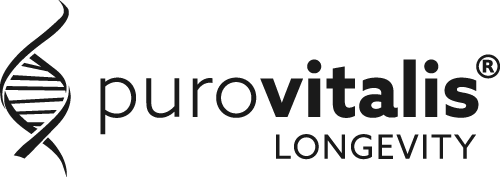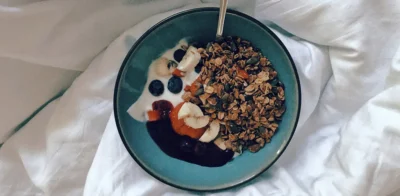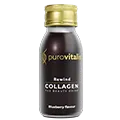
It’s no secret that the beauty industry loves to follow trends. In recent years, ingesting collagen has been all the rage. From powder to liquid collagen supplements and gummies, not to mention the celeb-approved bone broth, increasing your daily collagen intake offers many benefits. While supplements can make this easier, they are only part of the equation. You shouldn’t forget about a healthy diet, either!
Although the main sources of collagen are found in animal products, there are plenty of vegetarian and vegan options you can add to your routine that can help promote the protein production in your body. What products are we talking about? We explain in the article below!
Collagen-Rich Foods for Vegetarians
1. Leafy Greens
Leafy greens are sometimes stereotyped as the wilted salad taking up space in our refrigerators. But, in fact, they are a magic weapon for your health and a great source of collagen for vegetarians.
Arugula, spinach, kale, bok choy, and Swiss chard are full of chlorophyll. Studies show that this antioxidant, which gives them their green color, can help increase vital precursors to collagen.
Thanks to their antioxidant properties, your body’s cells are also protected from free radicals, which can sometimes cause issues in collagen production. But being collagen-friendly isn’t the only benefit leafy greens offer. They’re jam-packed with essential nutrients for the human body, including vitamins (vitamins A, C, K, and folate), minerals (calcium, magnesium, potassium, and iron), and fiber. This makes them one of the best vegetarian collagen-rich foods for the skin!
2. Cashews
Most vegetarians are well-acquainted with cashews since they are known as an excellent source of plant-based protein. But the delicious nuts also contain plenty of copper and zinc, which can help boost collagen production in your body.
According to research, these nutrients are important for the development of not only collagen but also elastin, another critical protein that makes your skin more flexible. Moreover, zinc is also responsible for producing more collagen fibers.
3. Citrus Fruits
Surprisingly, vitamin C plays a major role in the production of collagen. Your body needs the powerful antioxidant to synthesize the protein, so you should ensure your diet includes citrus fruits like oranges, lemons, grapefruit, and limes. Not a fan of citrusy fruits? You can also consider adding yellow peppers to your meals.
Of course, vitamin C is critical for many other processes in the human body. It also helps with:
- Immune function
- Cardiovascular health
- Neurotransmitter production
- Wound healing
If you’re a fan of tropical foods like mangoes and pineapples, it’s worth knowing that these are great sources of spermidine.
4. Beans and Legumes
Beans could be nature’s perfect food. Kidney beans, black beans, and lentils – they’re all packed with minerals, vitamins, and phytochemicals that are crucial for our health. And while they’re all full of iron, chickpeas, in particular, are great for encouraging collagen synthesis. That’s because they contain vitamin C and zinc, which, as mentioned before, are vital for making the protein.
If you’re struggling with ideas for incorporating these into your diet, remember you can add them to a salad or a chili, or even make a bean burger. When it comes to foods high in vegan collagen, beans really are the best!
5. Tomatoes
Did you know that just one tomato can provide 30% of your daily requirement of vitamin C? That’s why these delicious fruits are an excellent food to include in your routine, especially if you’re hoping to increase your collagen level.
Tomatoes, of course, are helpful in more than just this. The red fruits contain the phytonutrient antioxidant lycopene, which is linked to sunburn prevention and improved heart health, as well as protection against some types of cancers.
6. Garlic
Garlic is a staple in most kitchens. But the vegetable does more than just add flavor to your dishes. It can boost your collagen production, as well.
As science shows, garlic contains sulfur, a trace mineral that plays an important part in synthesizing collagen and ensuring it doesn’t break down.
The only downside of taking garlic for collagen is that you’ll need to eat a lot of it. But since it includes high levels of phosphorus, potassium, sulfur, and zinc, the impracticality is worth it!
7. Quinoa
One of the best collagen-rich foods for vegetarians is quinoa. Just one cup of it delivers more than eight grams of collagen-supportive protein. And not only that – your body will also receive zinc, which, as mentioned previously, is beneficial for the protein’s production process.
What’s great is that quinoa is gluten-free, meaning it can help lower blood sugar levels and promote weight loss.
You might also be interested in our comparison of liquid and powder collagen.
Final thoughts
The benefits of collagen can’t be understated. The protein really does help you from the inside out! While it’s commonly believed that collagen is found in animal products, there’s plenty of collagen-rich vegetarian food available, too. And the best bit? All of these collagen-rich plant-based foods are also packed with vitamins and minerals, so you get to kill two birds with one stone.
In addition to these plant-based sources, collagen offers numerous benefits specifically for men, from supporting joint health to improving skin elasticity. Learn more about the benefits of collagen for men.
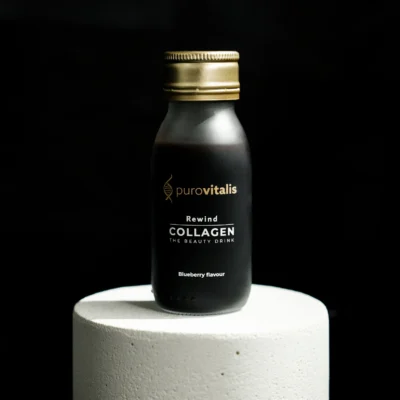
Experience the best of Collagen with Purovitalis liquid formula. Try it out!
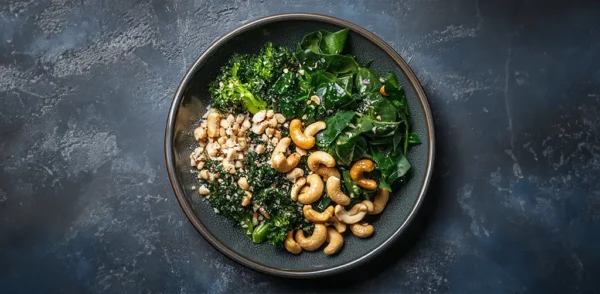
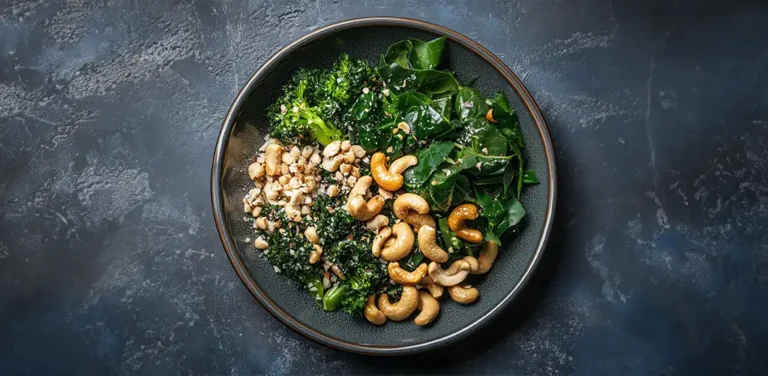
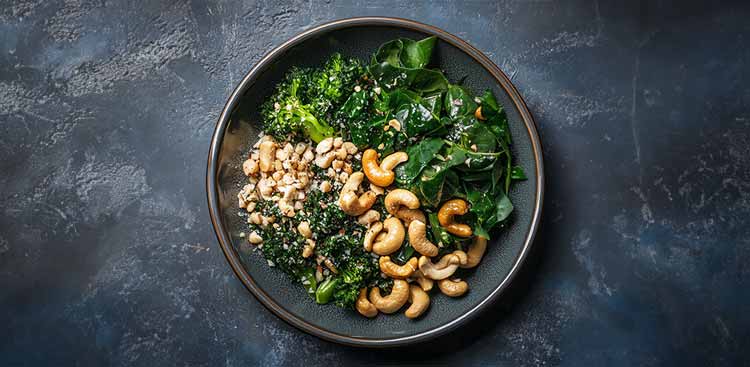 Skip to content
Skip to content